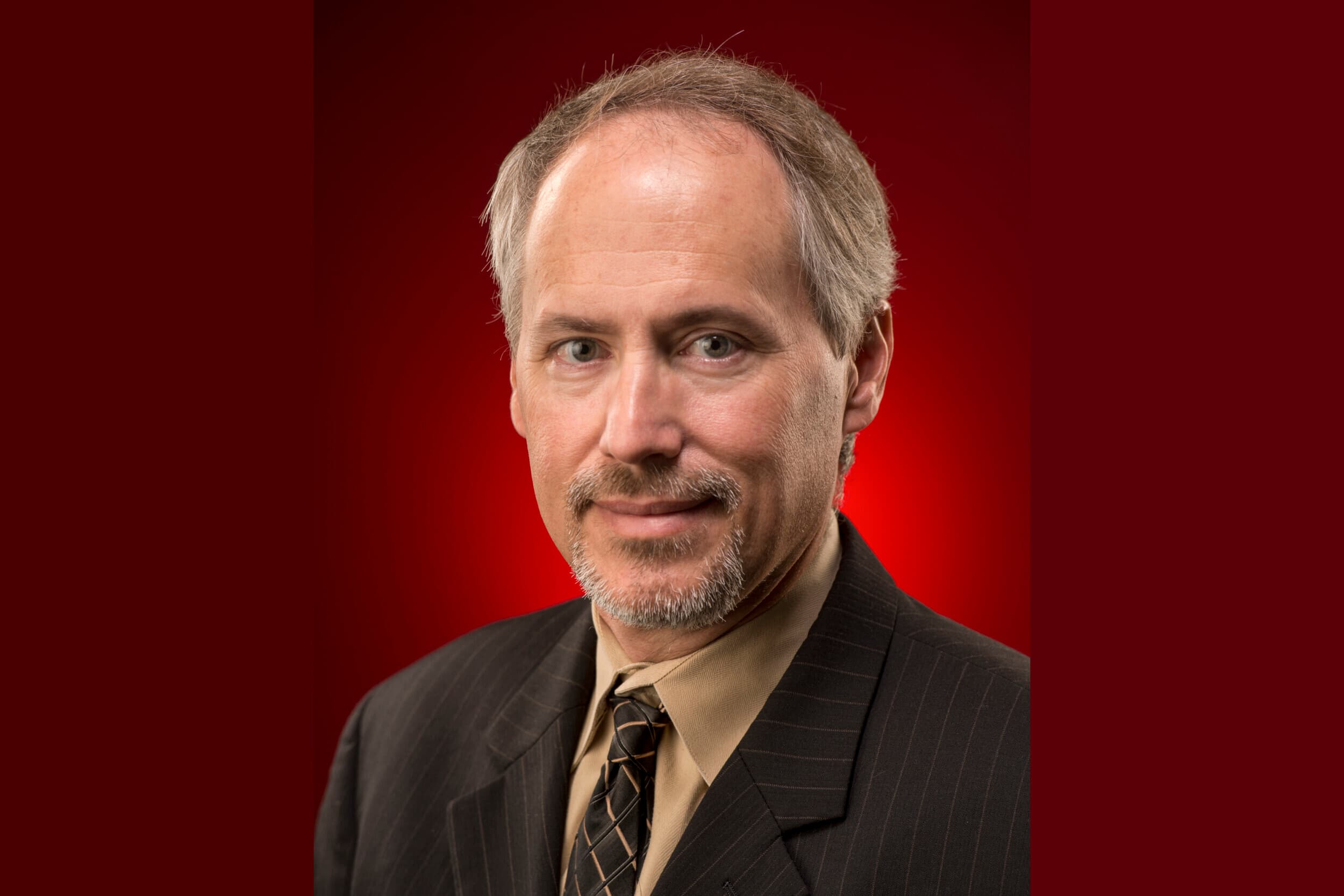Many observers believe that President Biden will forgive student loans via executive order. Loan forgiveness would be poor policy and likely harm higher education.
To call something poor policy requires a definition of good policy. Government is supposed to serve the people, so good policy does things we cannot do ourselves, either individually or collectively, through business or philanthropy. We must also consent to government - ideally unanimously - but in practice through majorities of our elected representatives.
A first problem then is no consent: an executive order will be required because the Senate is unlikely to pass the legislation. But the problems keep coming. A recent paper by Andrew Gillen for the Texas Public Policy Foundation discusses 18 in all. Dr. Gillen details how the problems rebut the major arguments in favor of forgiveness.
What does loan forgiveness accomplish for Americans? Government-guaranteed college loans provide access to college to deliver equality of opportunity. Loans through the market could fund college, but investors seeking good returns will not lend to high-risk students. We might wish to give more people a shot at college than investors would, even though some will default on their loans.
Forgiveness shifts the cost of loans from the borrowers to taxpayers. This is pure wealth redistribution. Taxing Smith and giving the money to Jones is not a legitimate function of government unless Smith consents. Our governments redistribute wealth, usually to help the least well-off in society. We want to help those who lose their jobs or otherwise suffer misfortune and fear that charity will prove inadequate.
But college graduates are not the downtrodden. According to the Bureau of Labor Statistics, college graduates earn 65% more than high school grads never attending. Graduate and professional degree holders – almost all those with over $100,000 in loans – make even more.
Loan forgiveness would be regressive or benefit high-income earners more than low-income earners, as both liberal and conservative think tanks agree. One study estimates that the top 10% of the income distribution has as much loan debt as the bottom 30%.
Forgiving all loans would be maximally regressive since dentists and doctors graduate with the most debt. An income limit for forgiveness would reduce regressivity. The Biden administration’s reported plan of $10,000 per borrower for those making less than $150,000 per year is less regressive than many proposals.
Forgiveness also raises fairness issues. People who never went to college will pay for others’ frat parties. Students who worked their way through college or repaid their loans will be punished for their responsibility.
As Dr. Gillen recently observed: “I can’t think of another policy that has been opposed by scholars from the American Enterprise Institute, the Urban Institute, the Brookings Institution, New America, the Committee for a Responsible Federal Budget, Third Way, and the Texas Public Policy Foundation.”
Forgiveness, particularly of all loans, would move us a long way toward free college. Current students might anticipate forgiveness of their loans and borrow the maximum possible. Having Uncle Sam pay everyone’s tuition will hurt higher education.
The strength of American higher ed is decentralization. We have independently governed private non-profit, for-profit, and public universities, which can chart their own courses. Although groupthink is still an enormous problem as liberal dominance and wokeness demonstrate, decentralization generally fosters diversity. Hillsdale College and Liberty University are free to brand themselves as conservative institutions. Alabama legislators could start a new, explicitly conservative university if they wanted.
Federal funding and accreditation already reduce independence. The Department of Education puts conditions on eligibility for federal dollars. Accreditation, necessary for federal funding, can stifle unorthodox approaches. Taxpayers paying for college through loan forgiveness will demand control over expenditures. While some limitations on spending might prove beneficial, centralized control reduces the freedom to innovate.
Higher education has become highly partisan over the last decade because conservatives, I think, now recognize the institution’s hostility to their values. Challenging woke liberal dominance requires freedom. In addition to taxing the poor to benefit the rich, student loan forgiveness will further entrench liberal domination.
Daniel Sutter is the Charles G. Koch Professor of Economics with the Manuel H. Johnson Center for Political Economy at Troy University and host of Econversations on TrojanVision. The opinions expressed in this column are the author’s and do not necessarily reflect the views of Troy University or of the policy and position of 1819 News. To comment, please send an email with your name and contact information to Commentary@1819News.com.
Don’t miss out! Subscribe to our newsletter and get our top stories every weekday morning.










